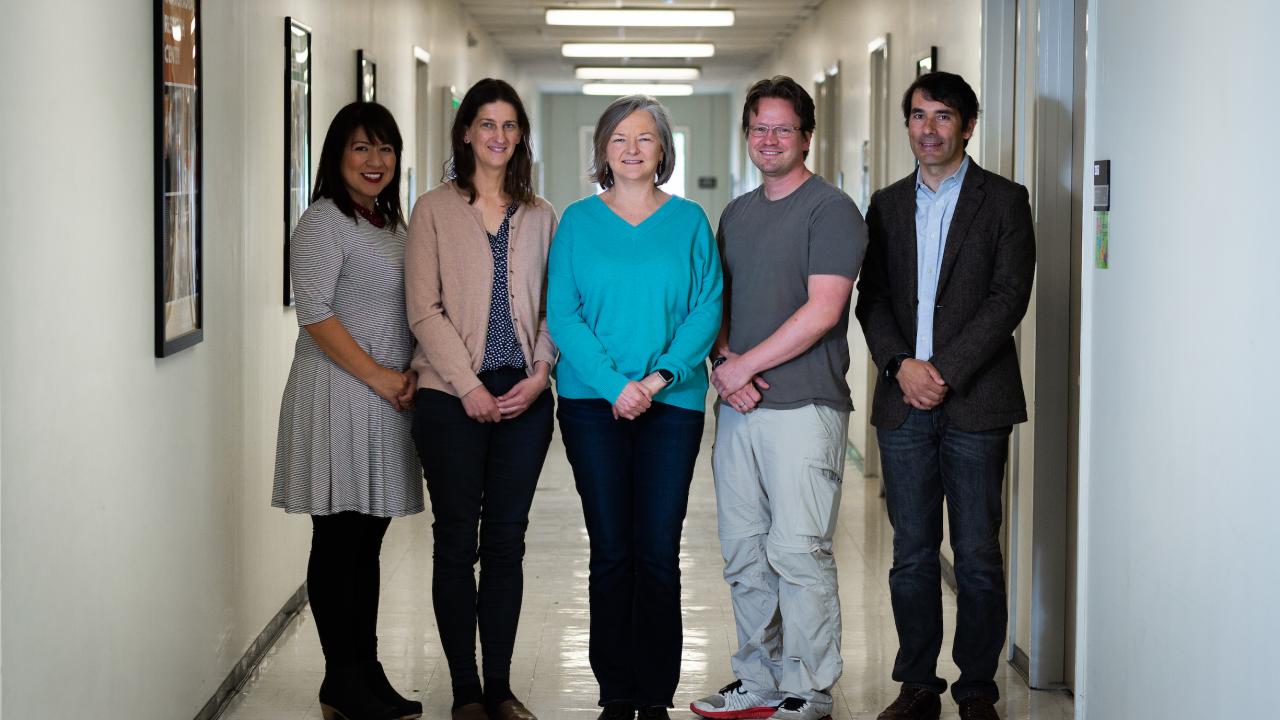
How does being a First Gen faculty member change the way you teach?
Introduction
Members of the inaugural First Generation Faculty Learning Community reflected on the following prompt: How does being a first gen faculty member change the way you teach? Below are there responses and classroom approaches:
2019 First Generation Faculty Learning Community Members: Louise Berben (CHE), Elizabeth Montaño (EDU), Sascha Nicklisch (ETX), Lisa Pruitt (LAW), Eduardo Silva (BME).
Elizabeth Montaño, Associate Professor of Teaching, School of Education
As I reflect on my own experiences as a first gen undergraduate over 20 years ago, I wonder what has changed. I believe that as first gen faculty I can help bridge and reshape the narrative of what it means to be a first-generation college graduate. It means to me that I 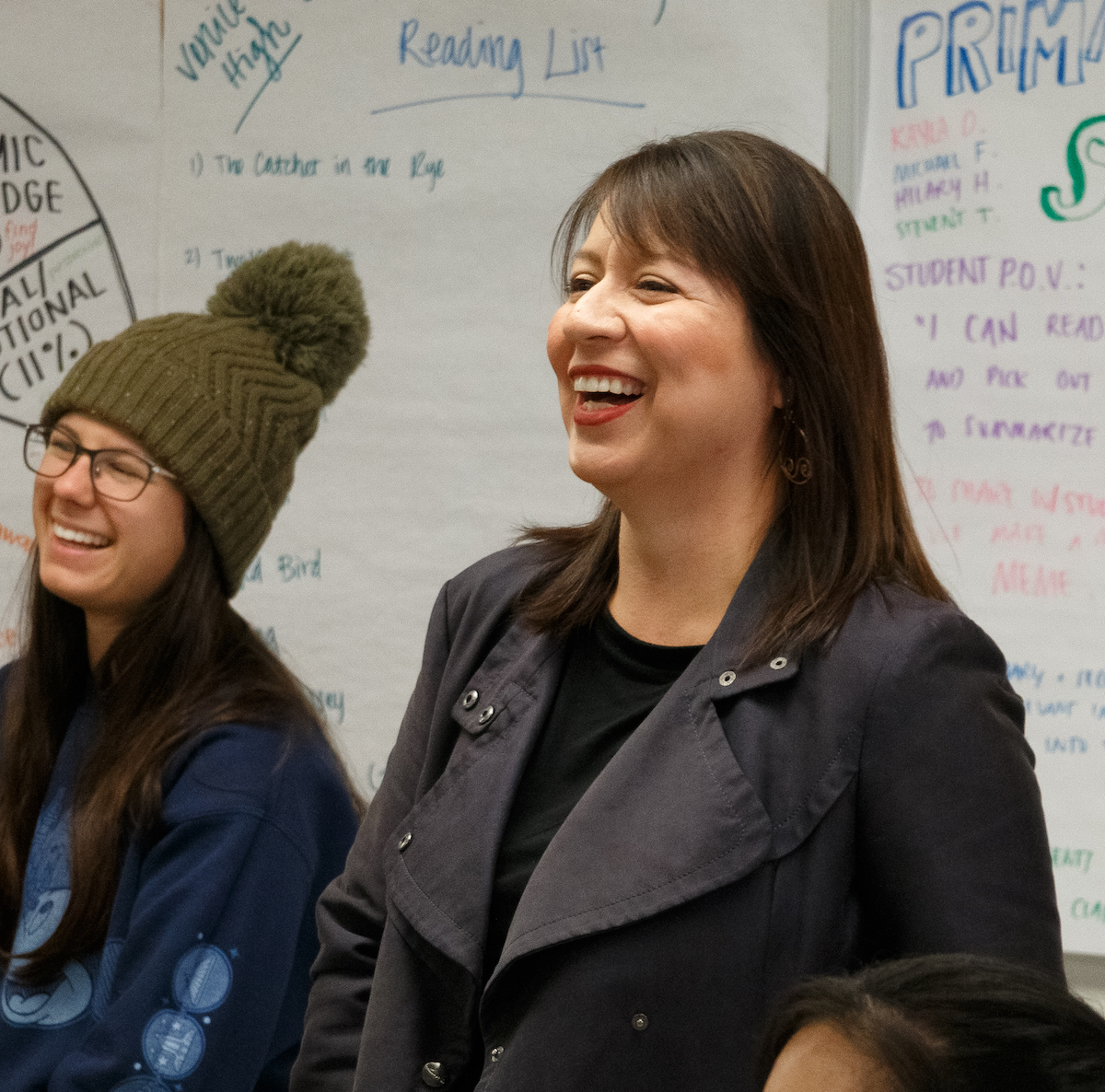 make my courses accessible to all students, that I explicitly talk about the hidden curriculum and I address issues of equity and inequity. It also means that places like UC Davis actively seek to diversify their student body, staff and faculty and work to erase systemic issues that impact these groups.
make my courses accessible to all students, that I explicitly talk about the hidden curriculum and I address issues of equity and inequity. It also means that places like UC Davis actively seek to diversify their student body, staff and faculty and work to erase systemic issues that impact these groups.
Being a first gen faculty member means that I can be part of those conversations but that I won’t be held completely responsible for making change happen. It means that I am one voice in a room full of voices who should also seek to eradicate inequities and injustices impacting underrepresented groups.
Should the university change to meet the needs of a diverse population or should students like me adjust to the culture in institutions of higher education? This is the question we seek to answer when we are thinking of how to support first gen students.
Participating in the First Gen Learning Community has provided me with a wealth of new information and tools to better track, assess and – above all – understand my students’ needs and expectations in the classroom. I had several “aha” moments, particularly when we 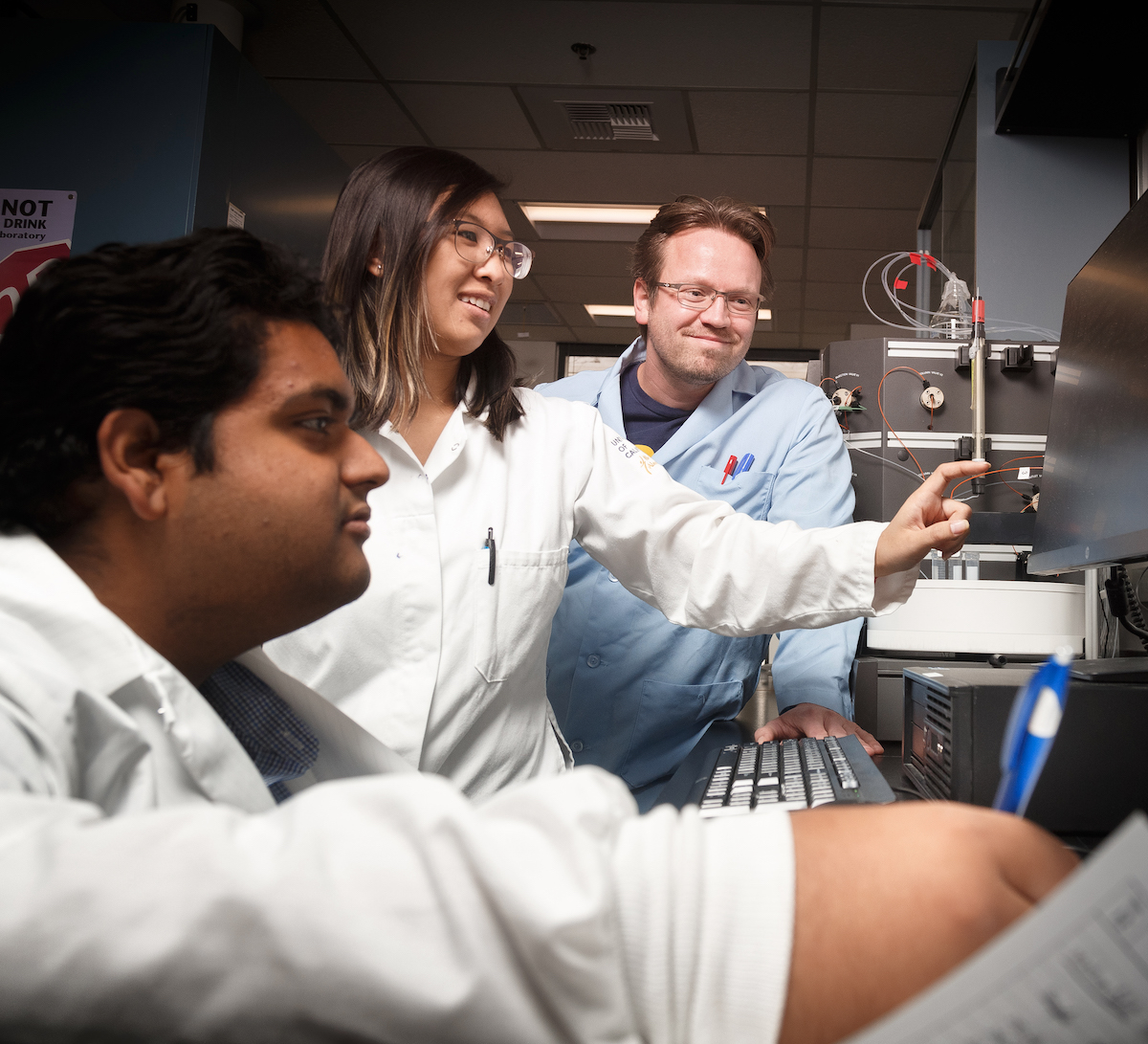 discussed real-world FirstGen classroom scenarios among a diverse group of junior and senior faculty. Most of those can be boiled down to three key enlightenments:
discussed real-world FirstGen classroom scenarios among a diverse group of junior and senior faculty. Most of those can be boiled down to three key enlightenments:
First, there have been many unintended mismatches in communication between me and some of my former students from different cultural backgrounds. For instance, I habitually misinterpreted the lack of eye contact and passive behavior of one of my African-American graduate students as disinterest and felt upset until I was finally able to clear up the misunderstanding in a personal one-on-one coffee chat after lab: the student was taught by his family members to show respect and appreciation toward higher power and seniority by not making direct eye contact, as his culture views this behavior as aggressive or overly familiar.
Second, being more approachable and relatable while still having boundaries can be one of the most effective strategies to encourage FirstGen students’ participation. For instance, by talking about my own personal challenges as FirstGen student on a large university campus and the lack of support and awareness towards academic stress at my home was an empathic moment with my students.
Third, fostering a healthy confidence in students by showing the students how much science and research principles they already know from their daily routines and humanizing the classroom by ascertaining that I as their teacher truly believe in their capabilities to succeed will give students a sense of being in the right place at the right time.
I am currently working on an updated syllabus of my course that will include topics that speak to both continuing and first-generation students’ everyday life experiences and possible first-hand personal encounters to encourage questions and deep thinking about the discussed problems. Another important technique that I introduced is the use of analogies and idioms that I simply translate from my native language (German) into English to better explain a certain theory or hypothesis in my research field. While some of those idioms sound ridiculous after such translation, the meaning of the message is still clear, digestible and often becomes cemented in the student’s memory, perhaps due to its absurd sounding nature. A positive side-effect of this approach is a phenomenon that we all so often miss in today’s traditional STEM classrooms but that can bridge almost any kind of language barrier and didactic difficulties: A smile!
Lisa R. Pruitt, Martin Luther King, Jr., Professor of Law, UC Davis School of Law
It takes a lot of intentionality not to teach like one was taught. “First Gen” faculty—those of us first generation in our family to go to college and now professors—may bring particular insights to the pursuit of more effective teaching and greater classroom inclusivity. My 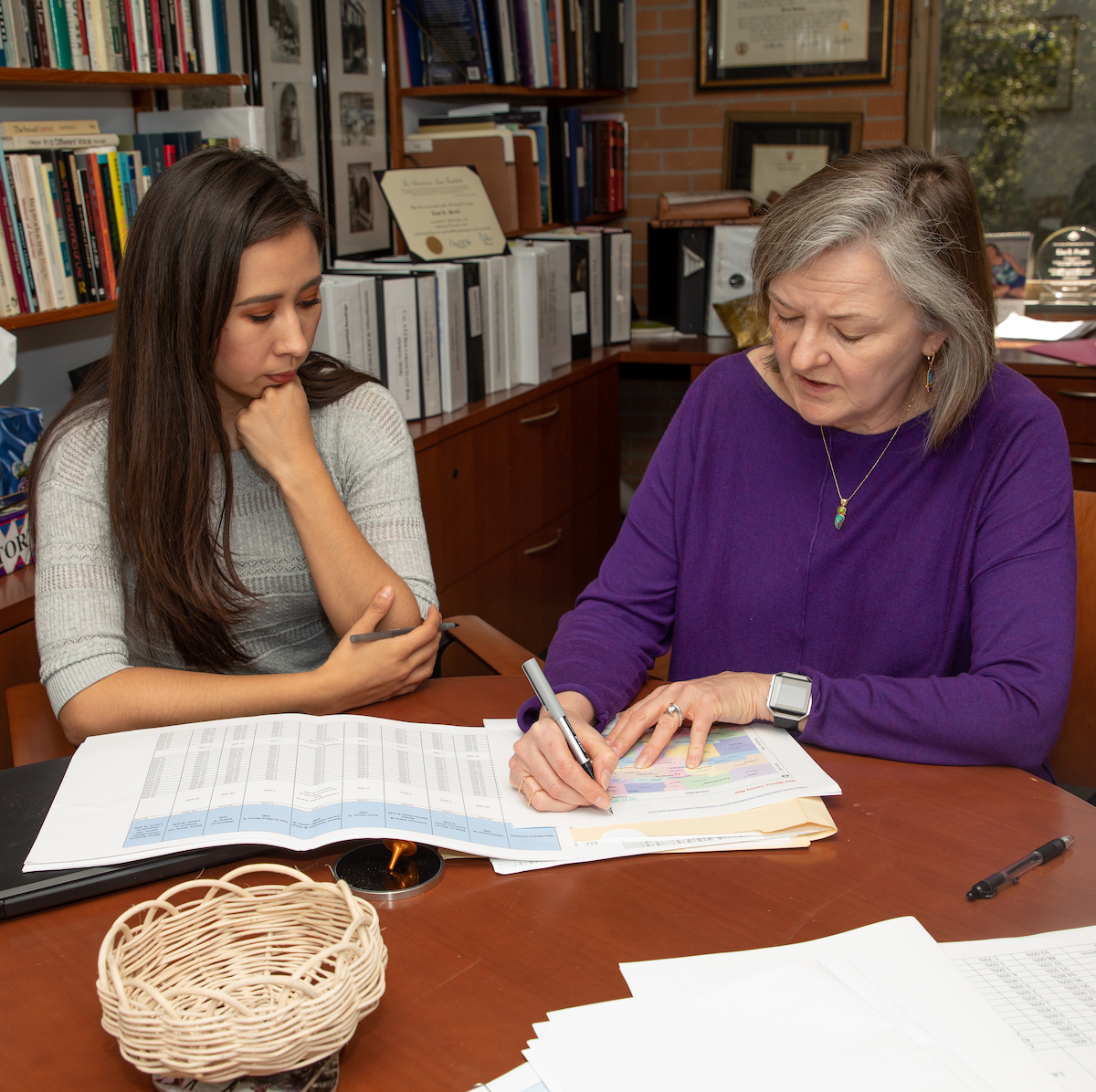 participation in the First Generation Faculty Learning Community, as well as my creation and teaching of a First-Year Seminar for First Gen students in fall 2018, has inspired me to adapt how I teach in other settings, those not exclusively first gen. I need to do this not least because more than 40% of UC Davis undergrads and some 30% of the law students I teach are first gen.
participation in the First Generation Faculty Learning Community, as well as my creation and teaching of a First-Year Seminar for First Gen students in fall 2018, has inspired me to adapt how I teach in other settings, those not exclusively first gen. I need to do this not least because more than 40% of UC Davis undergrads and some 30% of the law students I teach are first gen.
I thus must assume that many of the students in my law school torts class, for example, are first gen, even though they may not be visible as such to the naked eye in a sea of lecture hall faces. Here are just a few ways I may be able to help them succeed.
First, because these students are more likely than others to be facing not only financial struggles but also particular types of intra-family pressures and responsibilities, I can accommodate absences when students must respond to familial demands.
Second, I must assume many are reluctant to out themselves as first gen by asking questions they fear will be seen as “stupid.” When I started law school, I didn’t know what a tort was, so presumably some of my students are also unfamiliar with the term. From day 1 in the course, I can proactively shed light on this and set a tone of openness to all questions.
Third, I should assume that my first gen students are struggling with particular self-doubts, a sense of alienation as they begin a new phase of their higher education journey. I can ameliorate some of those doubts by talking about my own first gen navigation of the higher education maze, while also endorsing campus mental health resources.
In short, faculty must be proactive about first gen student success if we are going to optimize the prospect that our students will reach their full potential. (And yes, student expectations of faculty in this regard will surely be gendered, so administrators evaluating faculty must be mindful of that dynamic.) Our legacy as educators can be measured in many ways, such as how many of our law graduates become judges or partners in large firms. But one measure we should pay more attention to is how well we retain and educate the most vulnerable of our students, many of whom are first gen. The future of our nation depends on our success—and theirs.
Higher education has transformed our lives. We owe it to our first gen students to do what we can to ensure that it also transforms theirs.
Being a first-gen faculty member affects the way I teach in many different ways. I will share here two specific examples.
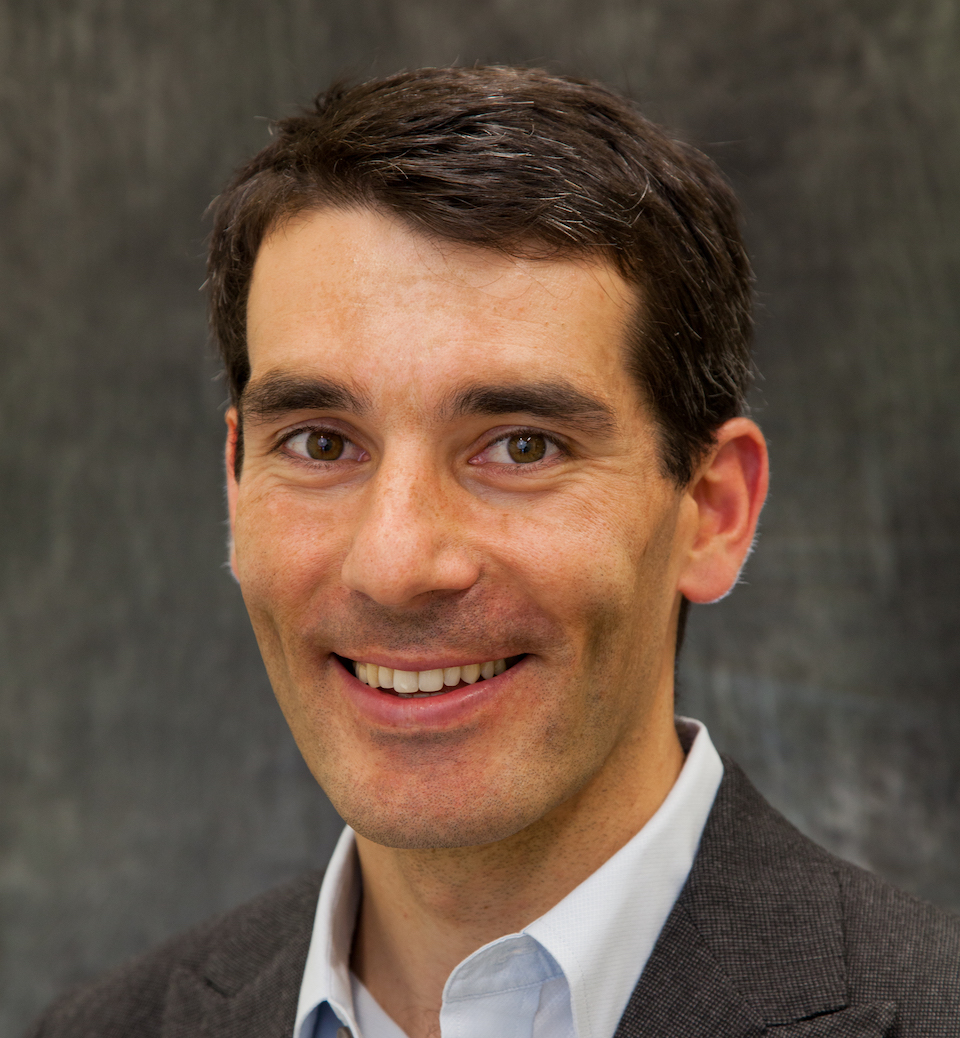 1) After I become aware that many students on our campus are first-gen, I decided to mirror my own experiences as an undergraduate student. Therefore, I decided that I needed to make extra efforts to connect with all the students. I started to be open to the fact that I did not come from a social-economic-academic elite background. I also decided that I would make an effort to be comfortable and accessible in addressing some of my own "weakness" - for example, now I always mentioned that I tend to speak somewhat fast and with a foreign accent.
1) After I become aware that many students on our campus are first-gen, I decided to mirror my own experiences as an undergraduate student. Therefore, I decided that I needed to make extra efforts to connect with all the students. I started to be open to the fact that I did not come from a social-economic-academic elite background. I also decided that I would make an effort to be comfortable and accessible in addressing some of my own "weakness" - for example, now I always mentioned that I tend to speak somewhat fast and with a foreign accent.
2) I now try to empower the students and pass the notation that they do belong here on our campus. I, actively and consistently, solicit students’ voice because I see students as critical for the University and academic environment as a whole.
Request a Reflective Teaching Journal
As you think about ways to reflect on how to support First Generation students, let CEE support your process with a free journal. Complete the following form and we will send you one via campus mail.
